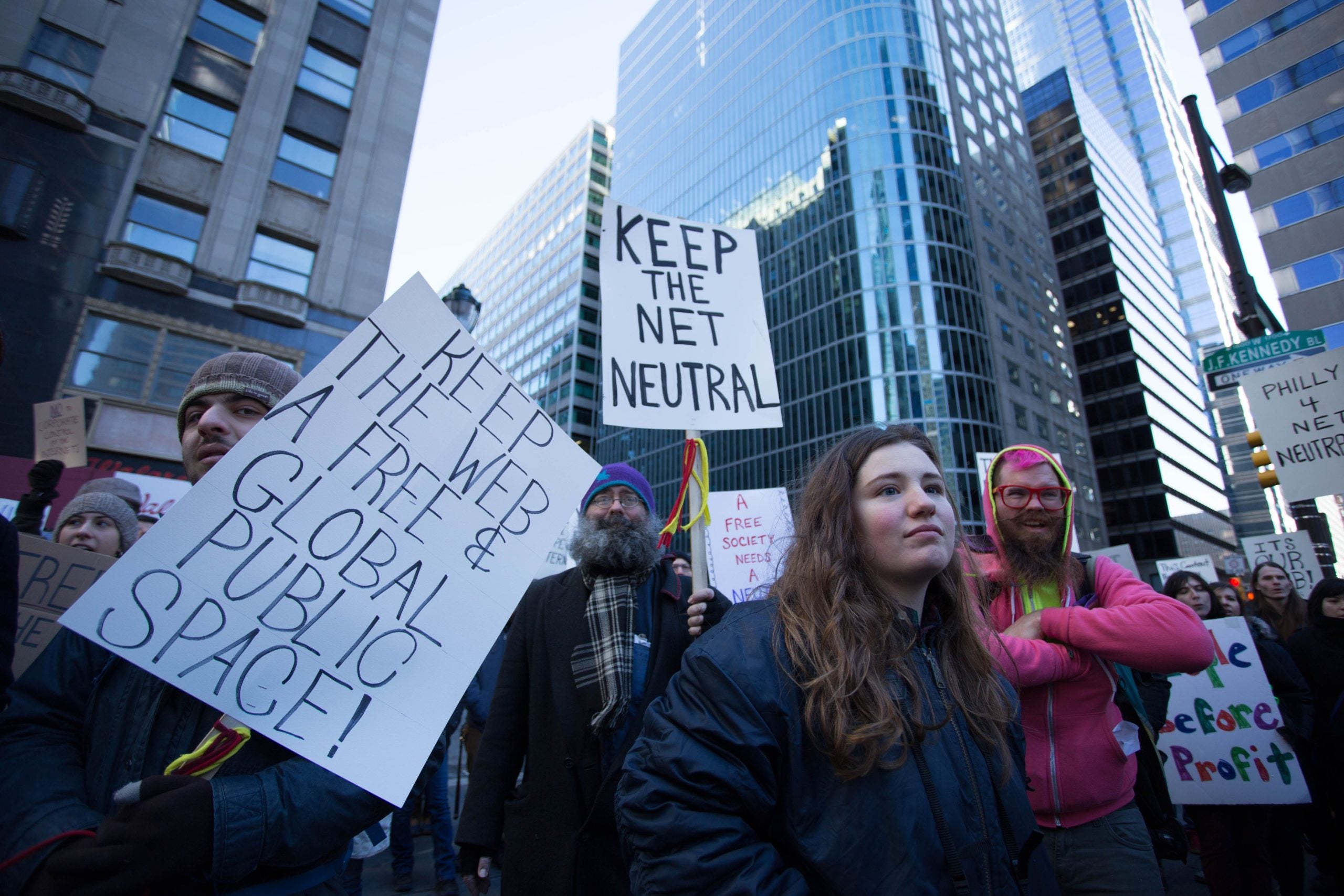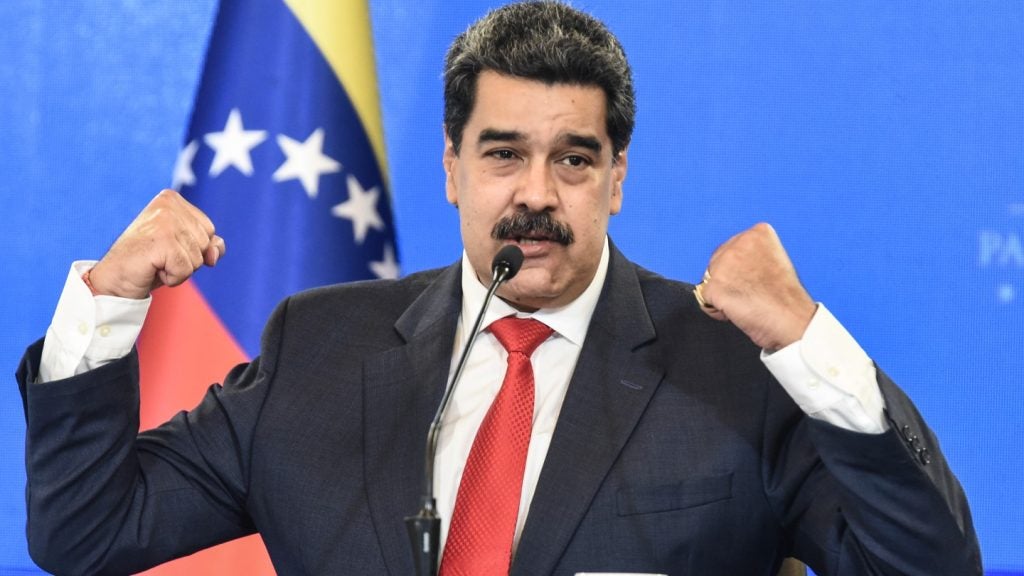
US Federal Communications Commission chair Jessica Rosenworcel is to announce plans on Tuesday (26 Sept) to reinstate net neutrality rules for broadband providers which were rescinded under President Trump.
The move follows the swearing-in of FCC Commissioner Anna Gomez, a Democrat. This is the first time since President Joe Biden was elected, in January 2021, that the Democrats have taken up the majority of the FCC.
The initial vote on the net neutrality proposal is scheduled to take place in October.
Under President Trump, Ajit Pai, an opponent of an open internet, was installed as chairman of the FCC and quickly repealed several policies implemented under the Obama administration, including the FCC’s 2015 Open Internet Order.
The reversal meant internet service providers (ISPs) were able to resume throttling traffic and paid prioritisation.
In 2015, the FCC voted to pass rules which redefined ISPs as telecommunications services, thereby defined as public services and thus subject to net neutrality.
How well do you really know your competitors?
Access the most comprehensive Company Profiles on the market, powered by GlobalData. Save hours of research. Gain competitive edge.

Thank you!
Your download email will arrive shortly
Not ready to buy yet? Download a free sample
We are confident about the unique quality of our Company Profiles. However, we want you to make the most beneficial decision for your business, so we offer a free sample that you can download by submitting the below form
By GlobalDataSeveral ISPs filed suits against the ruling, including the United States Telecom Association, but were ultimately struck down.
What does this mean for internet users?
Net neutrality, also known as ‘open internet’, aims to allow all internet users to access legal content equally, without broadband providers interfering.
Net neutrality proponents contend that it prevents ISP from censoring internet content, promotes freedom of speech and the democratic participation.
In short, net neutrality means ISPs should not slow down, block or charge for specific online content.
Supporters of net neutrality, including companies such as Apple, Google and Netflix, argue that an “open Internet” is essential to encourage innovation and free speech.
The inventor of the World Wide Web, Tim Berners-Lee discussed the FCC’s repealing of its Open Internet order: “[FCC] talk is all about getting more people connected, but what is the point if your ISP only lets you watch the movies they choose, just like the old days of cable?”
Opponents of net neutrality, such as Verizon and Vodafone, argue that if telecom operators are not allowed to charge commercial rates to Internet companies for use of their networks, they may have little incentive to invest in high-speed broadband networks.
Former chairman Ajit Pai, who was termed the ‘most hated man on the Internet’ for his part in halting net neutrality, considered open Internet to be authoritarian, saying: “Getting rid of government authority over the Internet is the exact opposite of authoritarianism.”
So far, several major global economies have moved to impose net neutrality, though enforcing the law is a prevailing issue.
In 2018, the Indian government unanimously approved regulations supporting net neutrality, which were termed ‘the world’s strongest’ by CNN. The regulations guaranteed free internet for close to half a billion people in the hopes of driving innovation and startups.
Since the ruling, there have been several major violations of the open internet, including Facebook’s Internet.org (later renamed Free Basics.)
The service was accused of discriminating against companies not on its list, including competitors of Meta’s Facebook. In 2016, regulators banned the Free Basics service in India.







